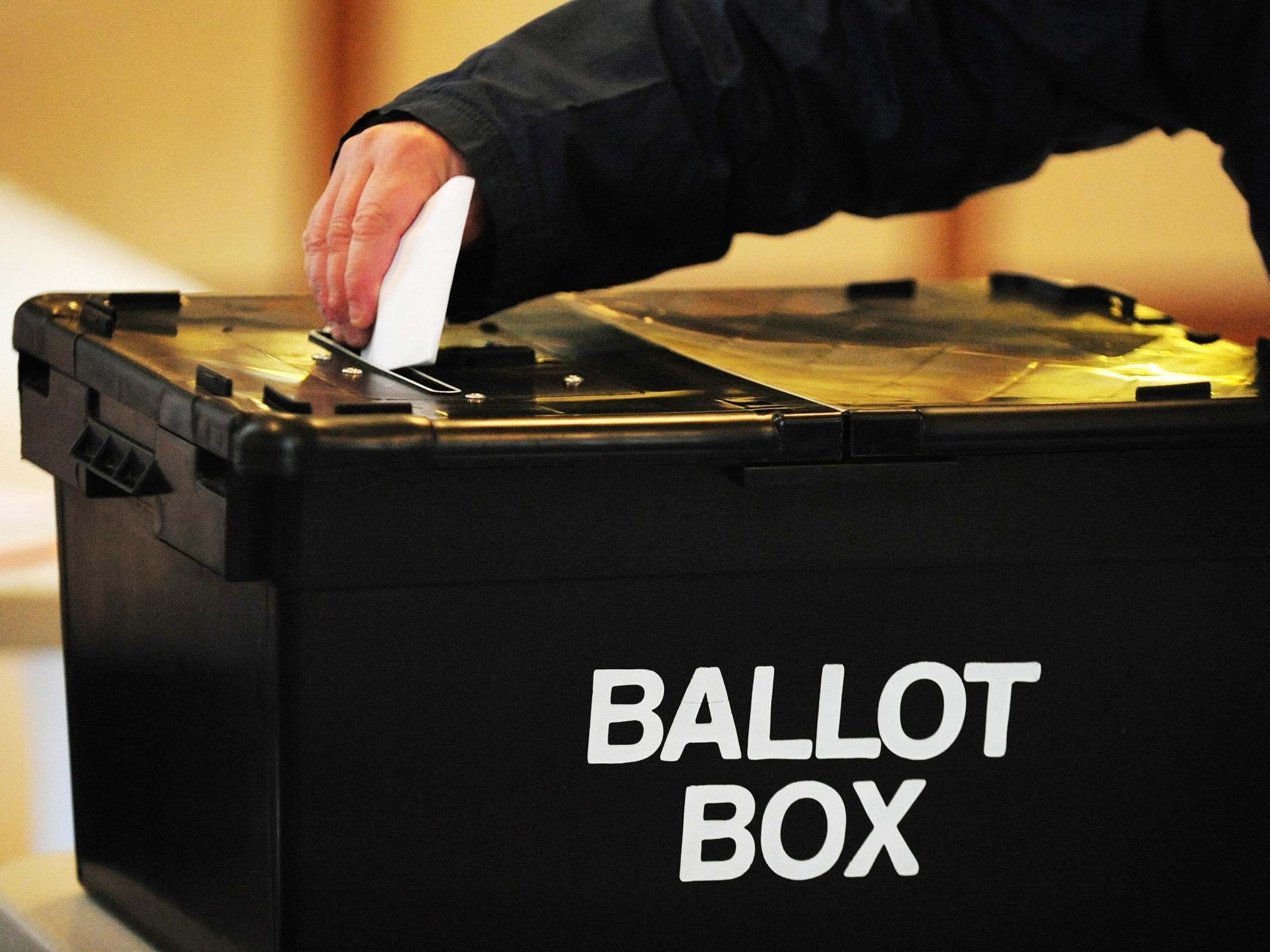ACLU sues to restore voting rights to freed felons in Minnesota
Complaint suggests voting restrictions disproportionately impact communities of colour, given nature of criminal justice system

Your support helps us to tell the story
From reproductive rights to climate change to Big Tech, The Independent is on the ground when the story is developing. Whether it's investigating the financials of Elon Musk's pro-Trump PAC or producing our latest documentary, 'The A Word', which shines a light on the American women fighting for reproductive rights, we know how important it is to parse out the facts from the messaging.
At such a critical moment in US history, we need reporters on the ground. Your donation allows us to keep sending journalists to speak to both sides of the story.
The Independent is trusted by Americans across the entire political spectrum. And unlike many other quality news outlets, we choose not to lock Americans out of our reporting and analysis with paywalls. We believe quality journalism should be available to everyone, paid for by those who can afford it.
Your support makes all the difference.The American Civil Liberties Union has sued the state of Minnesota in order to restore voting rights to tens of thousands of convicted felons who are barred from voting while on supervised release or probation.
The lawsuit is the latest attempt in the United States to expand voting rights to ex-cons, and comes as states across the country have grappled with whether to reinstate voting rights for people convicted of felonies.
In the newest lawsuit, the ACLU alleges that the due process and equal protection rights of convicted felons in the Minnesota Constitution are violated by the current system, and that the current system ignores racial disparities in the criminal justice system.
“No legitimate or rational government interest is served by barring people from voting while they’re on probation,” said David McKinney, the staff attorney for the Minnesota chapter of the ACLU, in a statement.
He continued: “The criminal justice system is supposed to be about reform, redemption, and reintegration into society. Denying people the vote flies in the face of these goals while violating a fundamental right.”
In the complaint, the ACLU is representing Jen Schroeder, an addiction counsellor who will be on probation until 2053 — and, therefore, will effectively be barred from voting until she is well into her 70s.
“I am proud that I have turned my life around,” Ms Schroeder, who was previously convicted of possession of methamphetamine, said in a statement. “I am dedicated to making a difference in the lives of others. I should have the right to vote for the person who I think will make policy changes that will enable me to be successful. There’s absolutely no reason that anyone who’s served their time should be stripped of their right to participate in our democracy.”
Felons across the United States encounter various different obstacles to voting, with just three states barring anyone with a criminal conviction from ever voting again. Another seven states bar voting for some people convicted of felonies.
Join our commenting forum
Join thought-provoking conversations, follow other Independent readers and see their replies
Comments